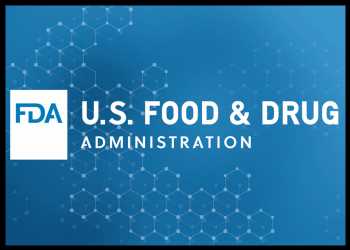FDA Seeks $8.4 Bln To Further Investments In Immediate Priorities

The U.S. Food and Drug Administration said it is seeking a total budget of $8.4 billion as part of the President’s fiscal year 2023 budget, about 34% increase from the preceding year.
With the new budget request, the regulator aims to further its investments in immediate COVID-19 and non-COVID priorities. The FDA plans to invest in critical public health modernization, core food safety and medical product safety programs and other vital public health infrastructure.
It includes $3.7 billion in budget authority including an increase of $356 million, and $3 billion in user fees, an increase of $153 million. The request also includes $1.6 billion in mandatory funding to support the FDA’s ability to prepare for future pandemics.
The FY 2023 request covers the period from October 1, 2022, through September 30, 202.
According to the agency, the budget request includes $1.6 billion over five years to support the FDA’s contributions to the HHS Pandemic Preparedness Plan. The FDA would be able to modernize its regulatory capacity by strengthening its IT and laboratory infrastructure, as well as focus on evaluation of vaccines and therapeutics to respond to any future pandemic or high consequence biological threat, among others.
The amount budgeted also includes additional investments in food safety modernization, including animal food safety oversight, to improve health equity through nutrition; additional funds to advance the goal of ending the opioid crisis, and further investments in Data Modernization and Enhanced Technologies, among other things.
In the budget, $100 million increase in user fees is set aside to support the FDA’s mission of reducing the use and harms of tobacco.
Besides, a package of legislative proposals designed to bolster the FDA’s authorities is part of the budget. This includes efforts to modernize dietary supplement regulation, and require firms to notify the FDA of anticipated significant interruptions in the supply of infant formula or essential medical foods for certain patients.
This proposal would ensure that the FDA takes steps to promote the continued availability of these foods amid confirmed shortages in the U.S.
Source: Read Full Article
